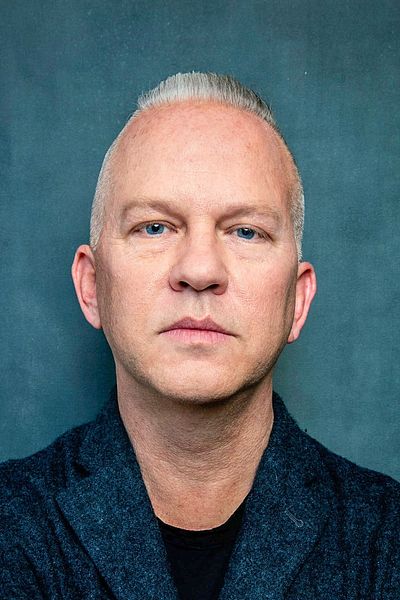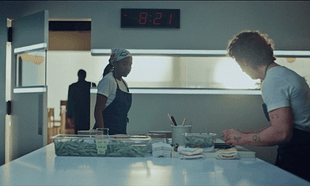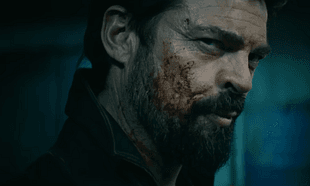'Hollywood' takes place during a post-war 1940's America, a time when the movie industry was booming, and white male privilege was at the forefront of the era. The series serves as a "What If..." moment in history, allowing the audience to see an alternate reality of what actually happened during this troubled time in history.
Although Hollywood is a joyous watch, and a rare Ryan Murphy creation (in that, well, it's an almost resoundingly positive experience with no horror or murder in sight), upon finishing the series viewers will release that the true horror is the real-world we are living in. Has the world really moved on all that much from the 1940's in terms of diversity, sexuality, and gender? The topic is Ryan Murphy's number one issue, and it's tackled right here.
As Murphy (known for creating 'American Horror Story', 'Pose', and 'The Politician') begins to peel back the fake facade of the golden age in 'Hollywood', all of the seedy, behind the scene workings of the movie industry begin to show.
The main character of Jack Castello ('The Politician' actor David Corenswet) is our first introduction to the era, and sets the tone of what's to come very nicely indeed. We see the glamorous side of Hollywood that movie fans observe through their rose-tinted glasses, looking from the outside in. It's only as the series progresses, as we quickly ditch Jack in favour for the more interesting of characters that the series truly shines.
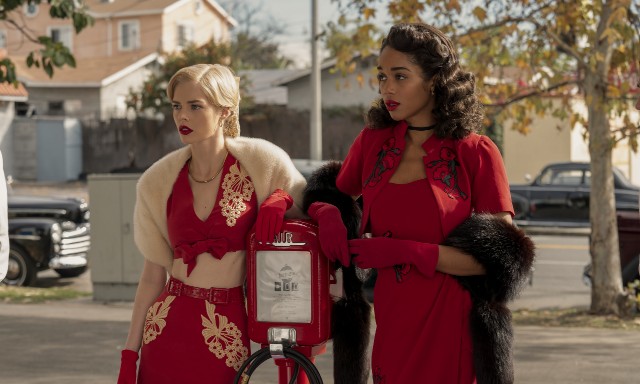
Jack is desperate to make it as a movie star, and with no acting experience (but an all-American chiselled jawline) he has to rely on his new network of acquaintances to get the stardom he's been waiting for.
He soon crosses paths with Archie Coleman (Jeremy Pope), a black, gay screenwriter; Avis Amberg (Patti LuPone), the forgotten wife of Ace Pictures studio mogul; Camille Washington (Laura Harrier), an African-American actress desperate to break out of her racist roles; and Raymond Ainsely (Darren Criss), a half-Asian director hoping to finally get Anna May Wong (Michelle Krusiec) that Academy Award she once lost out to. Add in an impressive Jim Parsons as the manipulative Henry Willson, and you've got yourself an all-star cast.
While it's enjoyable seeing these young and old actors and actresses working together, and stick it to the man - to be completely honest, 'Hollywood' is a double-edged sword.
Murphy has nailed the time period in terms of costume, set design, atmosphere and drama - yet just like the time it is based on, the series acts as one big cover-up. Being grounded in this era, there are numerous moments and characters that really occured and were real people, yet not a lot of what happens on screen actually took place in reality.
For every appearance of Rock Hudson and Vivian Leigh on screen, and mention of 'Gone with the Wind', there's a fictional storyline waiting in the wings to distract us from reality.
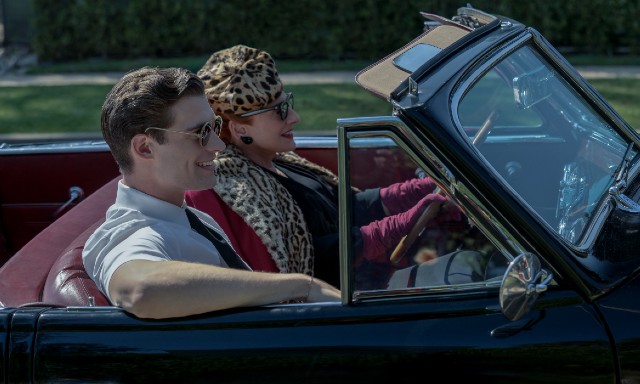
Being a "What If..." series, the borderline between reality and fiction is often hard to establish. It does make the series all that more enjoyable as we try to work out what really happened, but at the same time, you find yourself wishing that yes, this did actually happen.
Straight, white male privilege was obviously at the forefront of Hollywood during this time, and what the series does is flip this ideas on its head. Women, people of non-white heritage, and those who struggled with their sexual orientation are the stars of the show.
While we applaud this, one can't help but wonder what the world might be like today, had all these occurrences actually happened in 1940's America - we might be living in a completely different world today, 80 years later. This is what the series is trying to highlight, and it does a damn good job at it too.
The seven-episode limited series of 'Hollywood' arrives on Netflix Friday, May 1.

